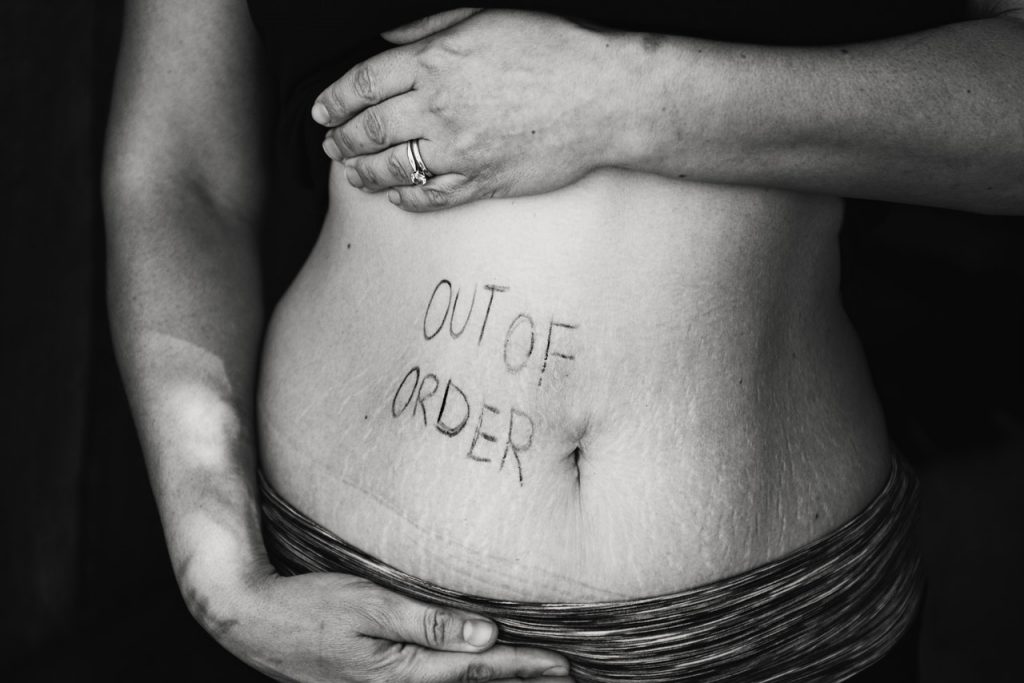Receiving difficult medical news can bring up so many mixed emotions. When your doctor tells you that you have cancer a million thoughts may begin to race around your head. Such a serious diagnosis may come, with a long road of physical and internal battles including feelings of despair, confusion, and perhaps the beginning signs of depression. You may even put on a brave face for the benefit of your loved ones. Even with great support, the mood instabilities, countless tests, doctor visits, and life changes can become overwhelming. Trying to find a less tumultuous middle ground is essential to a beneficial journey. Here are some ways to cope with depression after your cancer diagnosis.
For people who have a family history of cancer, early screening can be a good first preemptive step. Blood tests, pap smears, mammograms, and full-body scans are done to look for any abnormalities. Going for a mri for cancer is pain-free and non-invasion thanks to the development of high tech machines such as the Ezra. Unlike an x-ray that takes pictures of your skeletal system, MRIs use strong magnetic fields and radio waves to photograph soft tissues. Sometimes your doctor will request contrast, a special liquid that flows into an IV line during the test, highlighting potential problem areas more distinctly. MRI machines can be noisy and enclosed, leaving some patients feeling claustrophobic. Some options for a less stressful experience could be to ask your doctor for a mild sedative or local anesthesia. Call ahead inquiring about bringing noise-canceling headphones to minimize the machine’s various noises. If possible, bring a good friend for support during your testing. Having a familiar face with you can help shed some of those nervous butterflies.
Attempting to manage with the heavy news of a cancer diagnosis can take a huge mental and physical toll on you. Everyone processes situations differently. You may dive into personal research and discuss options with all types of experts, while others might have trouble coping healthily. Things you once loved may no longer seem important, you may avoid social gathers, second-guessing if you did something to cause it, or have deep feelings of hopelessness. Talking to friends and family can be a great start to open up with how you’ve been feeling. However, it’s important to communicate with a mental health specialist who connects with you. With Therapy has created a database of a refined list of dedicated therapists. You can browse withtherapy.com for a therapist that works with your specific needs, location, and is open with your ideals. With the right support, you can create ways to cope more successfully during cancer treatments. Social media platforms can offer you support through groups made up of people who have or currently experiencing everything you are.
Cancer therapy can cause many unwanted side effects such as loss of appetite, nausea, and fatigue. Eating a well-balanced diet, getting exercise, and taking your medication can help keep up your strength. Depression in addition to the anxiety you’re going through may make you extremely tired or cause bouts of insomnia. Talk to your doctor about the use of OTC or prescription sleep aids. Cognitive behavioral therapy may be used to benefit cancer patients who suffer from a variety of problems. It helps to show patients how to try to change negative emotions connected to certain behaviors and thoughts. By doing so, patients can attempt to pinpoint the negative thoughts and try to work through more positively. Your therapist may recommend vital personal time daily. Journaling is one example of writing therapy that lets you creatively express yourself. Engaging in new hobbies or activities like a local book club, a cooking class, or gardening let you enjoy necessary personal attention. Self-care is crucial just as much as surrounding yourself with loving, up-lifting people. It can rejuvenate you and keep you connected to your mind and body.


